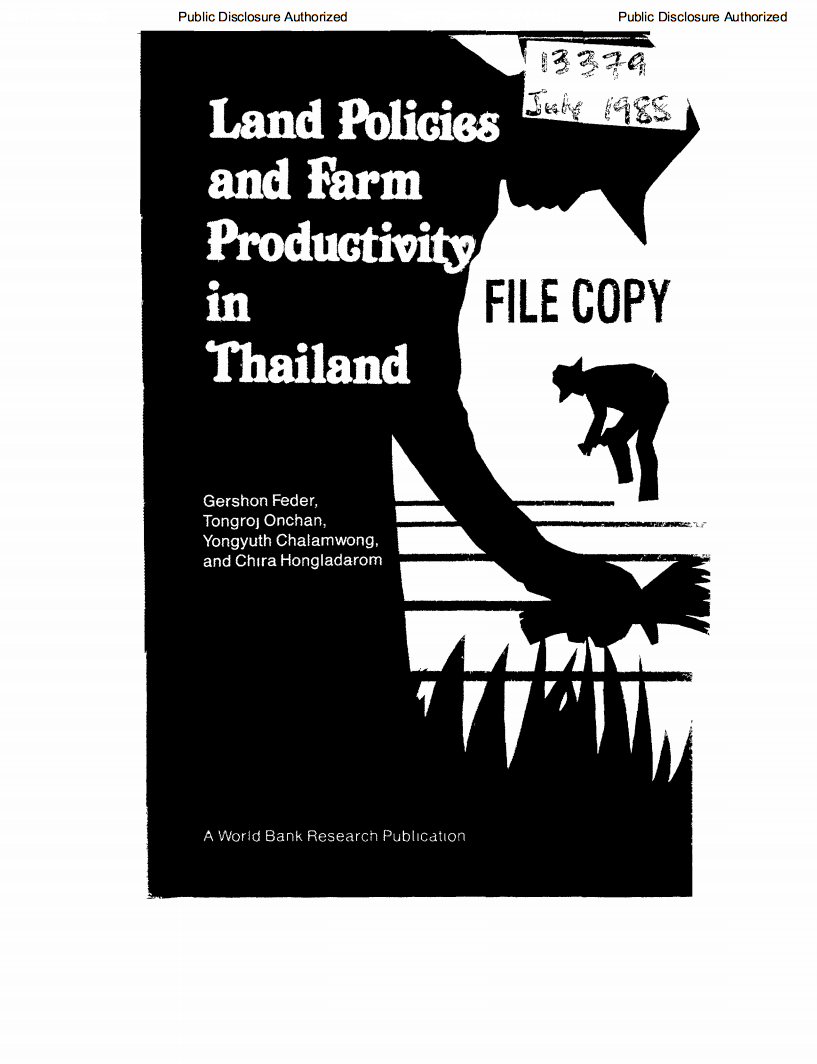The Dynamics of the Land Question and its Impact on Agricultural Productivity in Mbarara District
In the developed countries less than 20 per cent of the population is engaged in agriculture. The rest is employed in the industrial sector. In the underdeveloped countries less than 10 per cent of the population is employed in the industrial sector and the rest is engaged in agriculture.






